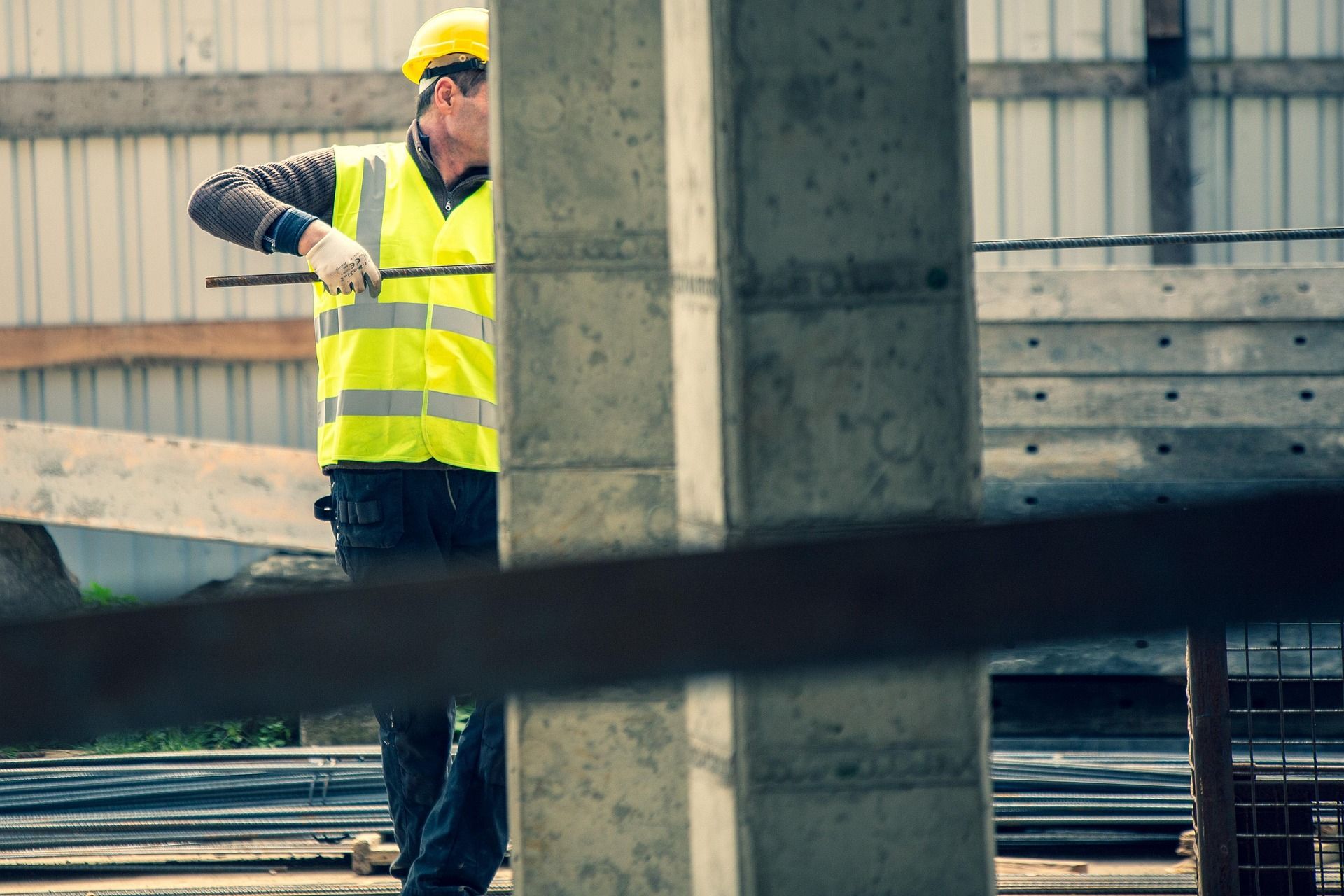Protect Yourself from the Impact of Trade Tariffs on Construction Prices

How Will Newly Announced Tariffs Impact Your Construction Project? Here in Louisiana, and across the United States, the construction industry, already grappling with rising material costs and labor shortages, could face significant disruptions from President Trump’s newly announced trade tariffs. These tariffs, generally aimed at foreign goods imported into the U.S., can have far-reaching consequences for home builders, buyers, contractors, and the broader real estate market. Let’s dive into how these changes could affect home construction and home prices in the U.S. and here in Louisiana and how you can help protect your interests:
1. Increased Costs for Building Materials
One of the most direct impacts of trade tariffs is the increased cost of materials. The U.S. imports a wide range of construction materials, including steel, lumber, cement, and insulation, from countries like Canada, China, and Mexico. When tariffs are levied on these imported goods, builders face higher prices for raw materials and these costs may be passed on to the consumer.
The National Association of Home Builders (NAHB), an industry trade group, estimates that around $204 billion worth of goods were used in the construction of new multifamily and single-family housing in 2024. $14 billion of those goods were imported from outside the U.S., meaning that approximately 7% of all goods used in new residential construction last year originated from a foreign nation and could be subjected to increased tariff costs.
- For example, steel and aluminum tariffs can drive up the cost of rebar, structural steel, and even appliances, which are all integral to the home-building process. Though aluminum and steel were excluded from the most recently announced tariffs, these products had already received an increased duty earlier this year.
- Similarly, shifts in lumber costs such as trade tariffs on softwood lumber, especially from Canada, can further exacerbate rising prices, which could increase the overall cost of constructing homes. Of $8.2 billion worth of sawmill and wood products imported in 2024, nearly 72% of these imports came from Canada. Total imports of sawmill and wood products from Canada totaled $5.9 billion.
- Even lime and gypsum (like those used to produce drywall) could see price increases. The U.S. imported $481 million worth of lime and gypsum products in 2024, with 74% of these products originating from Mexico.
An earlier builder survey, conducted after the last round of increased duties, found that these earlier rounds of tariffs would increase an average home’s construction costs by almost $10,000.
2. Strained Supply Chains and Delays
Trade tariffs can also disrupt established supply chains. With tariffs in place, construction materials may become harder to obtain or take longer to reach their destinations due to delays at customs or shifts in sourcing strategies. Builders may struggle to secure the materials they need, leading to project delays and cost overruns.
These disruptions can delay the delivery of homes, potentially affecting the broader housing market. For buyers, this could mean longer waits for their new construction, while builders may find themselves having to push back timelines for projects, which could lead to lost revenue or a backlog of demand.
Understand Your Contract and Agreed Upon Terms
Changes in material or labor costs can be problematic for both builders or sub-contractors and consumers, particularly if there are disagreements about who must bear the cost of these increases. This is why it is particularly important to have your construction contracts reviewed prior to signing, so that you can understand what your options are if unanticipated hurdles arise. If you have already entered into a construction contract and have uncertainties about the ongoing impact of trade policies on your project, reviewing your contract now will help you more accurately estimate your future construction costs.
Force majeure clauses. For instance, some contracts contain force majeure clauses that could be implicated by tariffs depending on the exact wording of the clause. The specific language of the contract and the exact nature of the tariff increase will play a significant role in determining whether force majeure can be invoked. A force majeure clause typically lists specific events like natural disasters or political unrest, and the imposition of tariffs may or may not fall within this scope.
Escalation Clauses. Similarly, if you have an existing fixed price contract with a flat amount designated for labor and materials, you may still have an escalation clause built in to help mitigate risk.
These are particularly important considerations if you are still in the contract negotiation stage and have the greatest ability to protect your interests and create a contract that is fair to the parties. Particularly in the residential context, many contractors use form template contracts that are ill suited to today’s uncertain world and to the particulars of Louisiana contract law.
For guidance navigating these challenges, property owners, businesses, and builders rely on the Stow Firm’s expertise in construction law. Reach out today to ensure your contracts protect your project—and your bottom line.